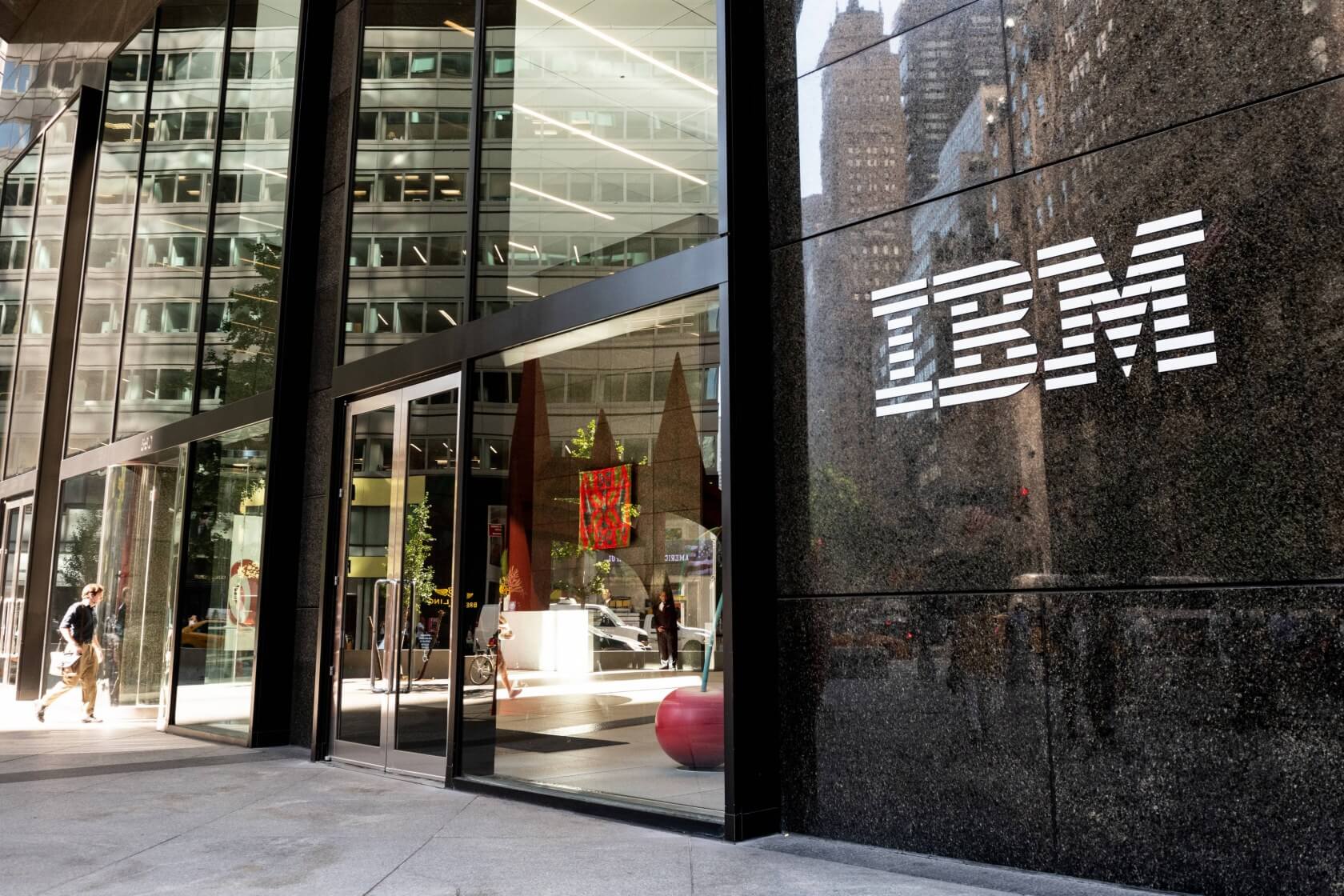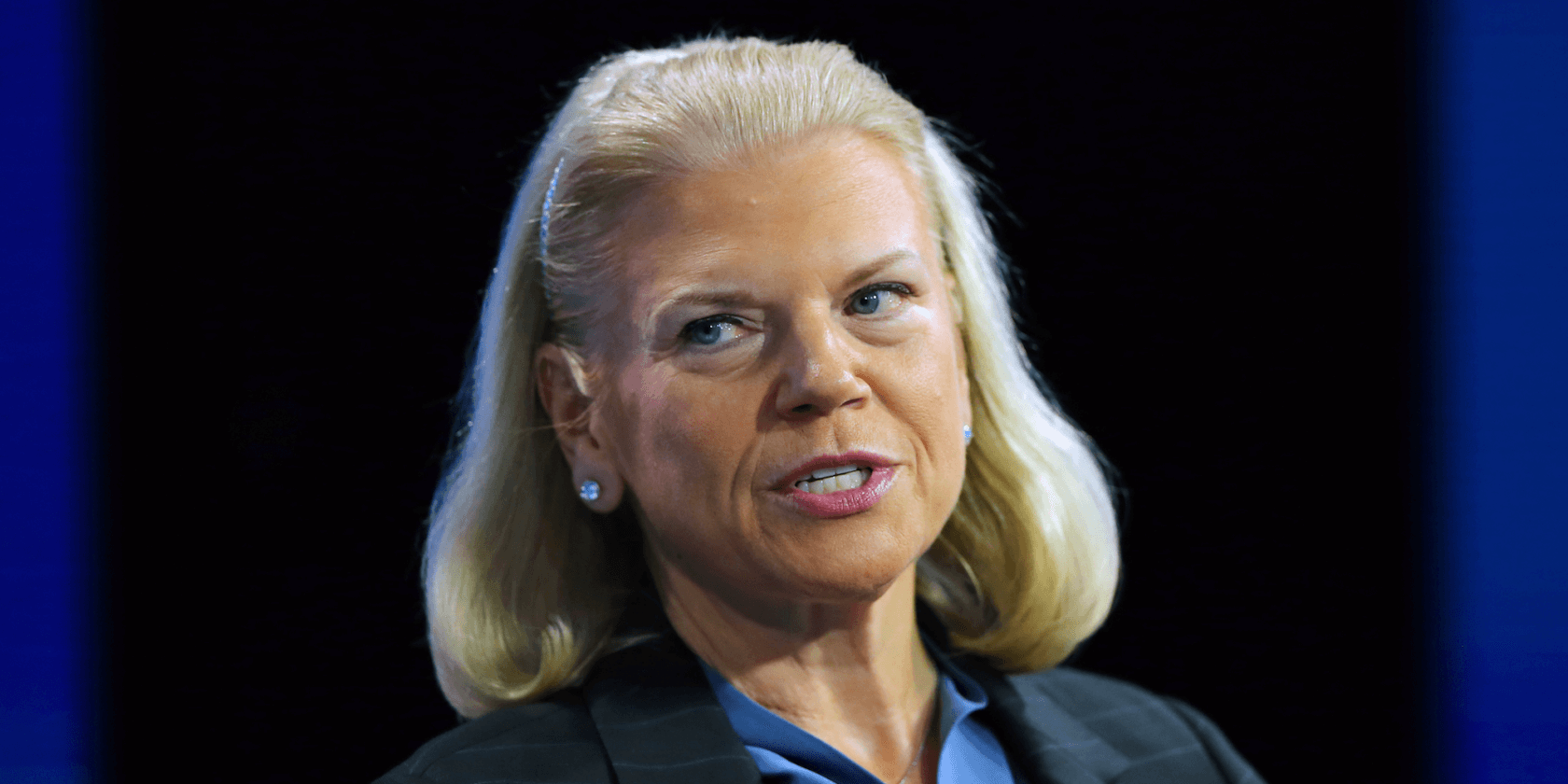
The corporate world seems to get stranger by the day. With the growing popularity of artificial intelligence, it's no surprise to see companies use it to boost productivity and automate tasks.
However, one of IBM's internal AIs can now do something a little bit creepier. According to a report from CNBC, IBM's patented "predictive attrition program" -- revealed to the outlet by CEO Ginni Rometty -- uses machine learning to analyze employees and determine when they might be about to quit.
Rometty says the accuracy of these predictions is around the 95 percent mark, adding that the program has saved IBM roughly $300 million in "retention costs." Those are impressive numbers if they can be trusted.
Speaking of retention, Rometty said at CNBC's "@ Work Talent + HR Summit" that "the best time" to reach an employee is before they go.

IBM's CEO, Ginni Rometty
That statement may seem a bit obvious at first, but she likely means it's easier to convince an employee to stay than it is to persuade them to come back after they're already gone.
So, what does "reaching" an employee entail? According to Rometty, it may mean promotions, education benefits, or even financial incentives.
The CEO isn't divulging any of the specifics behind how this AI works, probably to prevent IBM's competitors from swiping the secrets for themselves.
However, CNBC claims the AI is successful because it "[analyzes] many data points," which could mean it looks at things like job satisfaction (likely determined through regular performance reviews) and the frequency of arguments or disagreements with other employees and supervisors. Of course, that's pure speculation on our part.
What do you think about IBM's semi-AI-powered HR system? Let us know in the comments.
https://www.techspot.com/news/79502-ibm-human-resource-ai-can-predict-when-employees.html